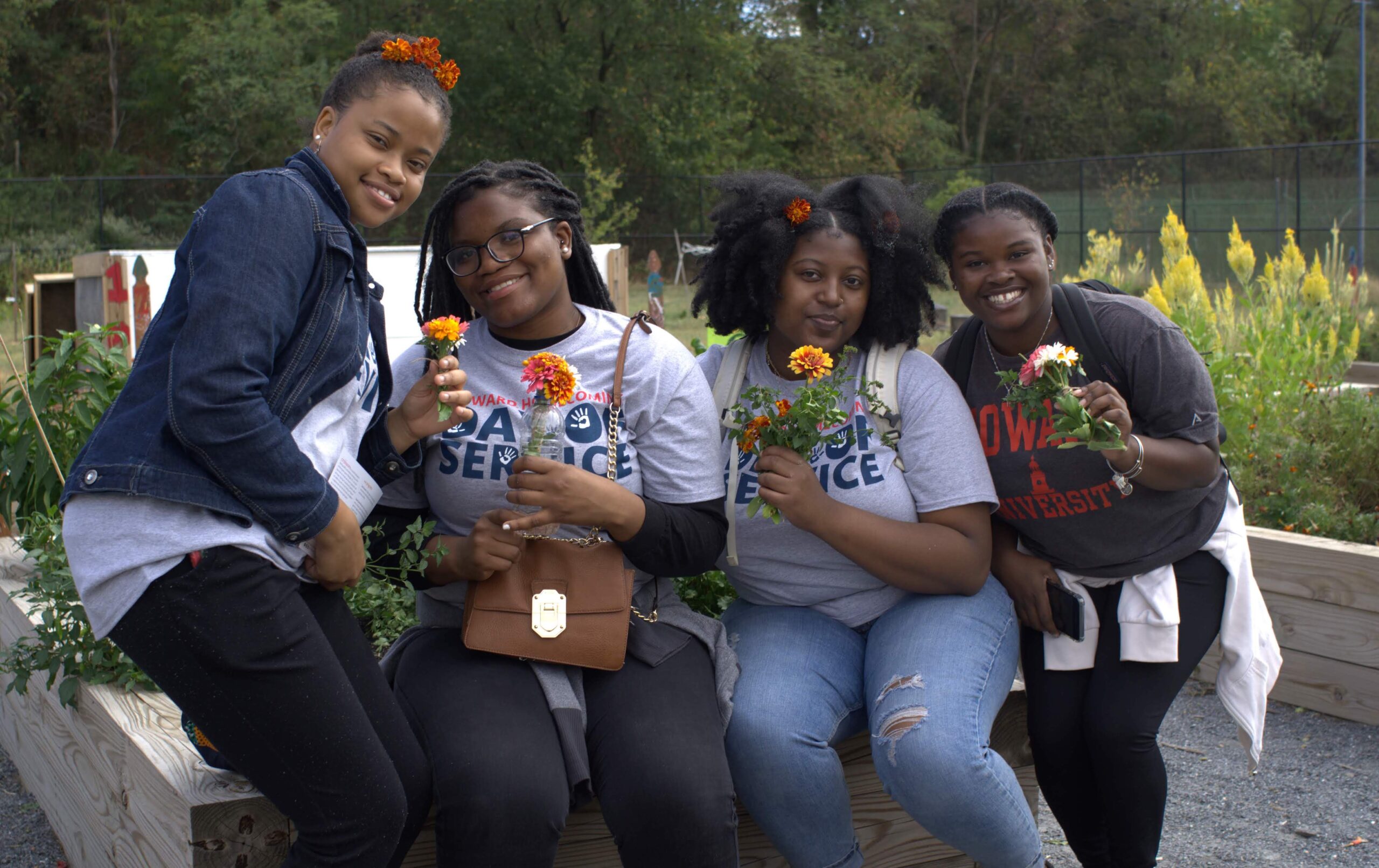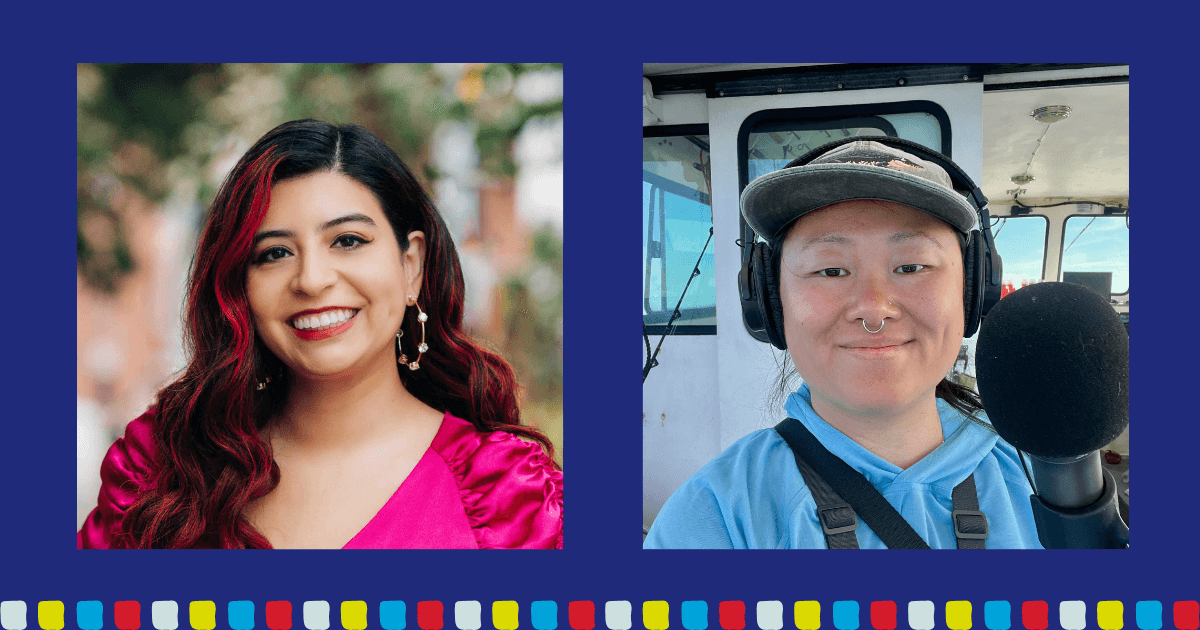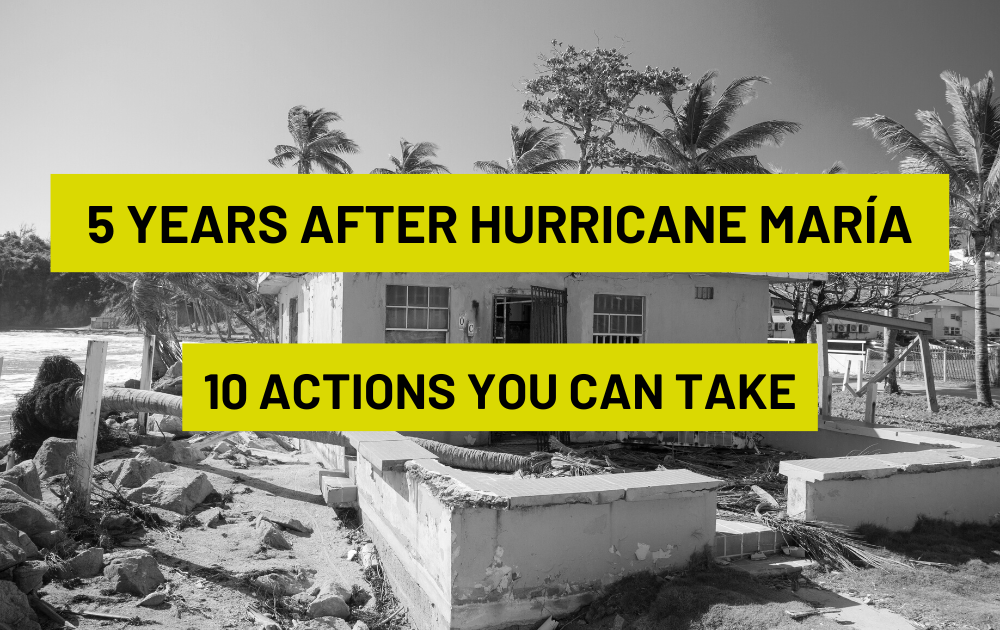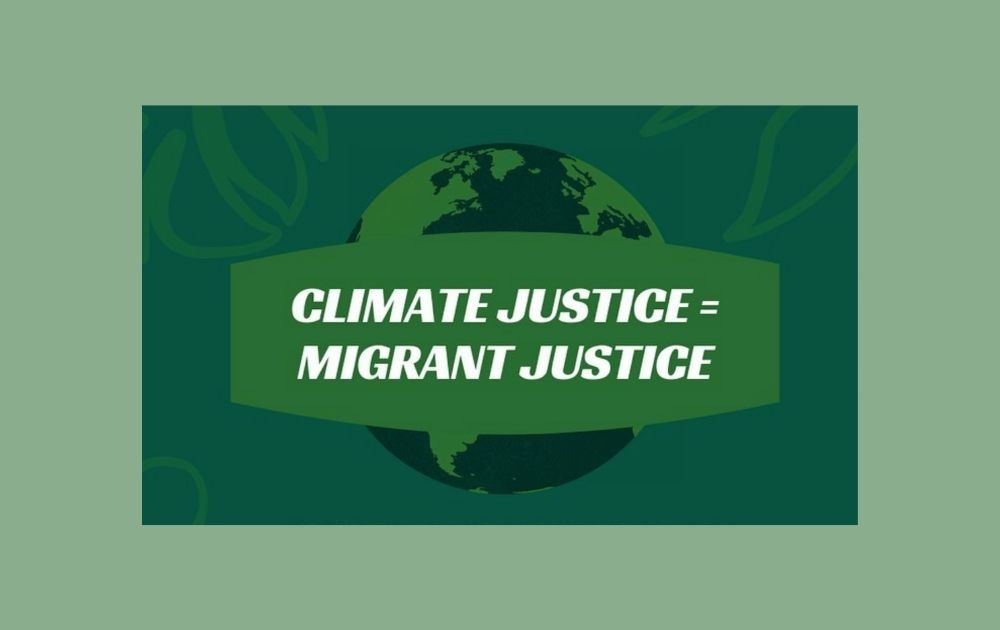
Guest Blog by Praveena Fernes
Praveena Fernes is a member of Voice of Witness’s education advisory board, which assists the education program with strategic goals, assessment, new initiatives, and outreach. Praveena’s long involvement with Voice of Witness began when she was a student at Mission San Jose High School in Fremont, California. Praveena is a current Fulbright Research Scholar conducting community-based participatory research to examine assets and barriers to healthy living in dam-affected wetlands in Northeast Thailand. In this blog, Praveena reflects on her work with City Blossoms, an organization in Washington, DC that works to promote healthy living through the advancement of kid-driven urban green spaces.
It has been intriguing to live and work in different parts of the world’s ecosystems, from urban American metropolises to rural Thai wetlands. Both of these settings are beset by major environmental health issues that draw the attention of researchers, policymakers, and activists alike: food insecurity, rapid globalization, and climate change. My most recent “city classroom” was Washington, DC, where I worked with City Blossoms as a Community Green Space Intern. Washington, DC is a complex and at times paradoxical city: It attracts a vibrant international populace and bears a long history of racism; it is a renowned culinary capital surrounded by food deserts and food swamps; and it is home to America’s political elite and ideological intellectuals who are, among others, rapidly gentrifying the area. These dynamics – paired with the ongoing expansion of large, commercial businesses and the increasing cost of housing – have drastically reduced access to open and natural spaces that are affordable and easily accessible. It is especially difficult for working families to find the time to interact with nature and green spaces.
Founded in 2008 by native Washingtonians, City Blossoms was born out of this need for safe, healthy, urban green space in communities across the District. The organization’s programs create a pipeline where toddlers make their first connections to nature, children grow to be stewards of their environment, and young people bloom as leaders. To create sustainable projects that truly serves the community, City Blossoms consults with local groups prior to constructing green spaces and offers programs that take into account each community’s specific history, cultural identity, economic status, and existing access to resources. By developing gardens that are constructed with the surrounding community, City Blossoms is administering the tools for young people to become leaders in their own neighborhood. This is the kind of infrastructure that the Green New Deal envisions, combatting the twin crises of climate change and inequality.
As a curious oral historian and aspiring political ecologist, I believe that studying how historic values have shaped our relationship with nature is key to grasping current health and environmental justice issues in our globalizing world. The rise of right-wing populism threatens inclusive healthcare policies, fosters intolerance and deepens disparities, and hinders cooperation on our most pressing international health problems. Today, we face national crises of cultural distance between people and the environment and serious consequences for our local ecosystems, including poor access to fresh produce, unhealthy living habits, and limited green spaces.
Storytelling can be a powerful mechanism for addressing these crises and promoting change. City Blossoms is a champion for addressing environmental health through storytelling. The organization’s gardens provide multifaceted tools that give kids and youth the opportunity to tell their own stories. Their Community Green Spaces give DC residents room to explore new cultural narratives needed to combat the environmental crisis we face today. In a departure from traditional urban gardens in the US, City Blossoms’ green spaces are dynamic, accessible, and truly community-driven. The programming’s reach and ripple effect go beyond improving health and well-being via nutritious food. City Blossoms’ gardens employ anti-oppression and transformational strategies for equity, health, sustainability, and food sovereignty; create “cultural ecosystem services” that provide room for the continuation and expansion of cultural traditions; and develop and deepen community networks. Their multi-pronged impact and asset-based approach have inspired me to creatively consider global health interventions that combine art, environmental health, and storytelling.
To learn more about City Blossoms, visit: cityblossoms.org
To sign up for the Voice of Witness newsletter, visit: voiceofwitness.org/newsletter




